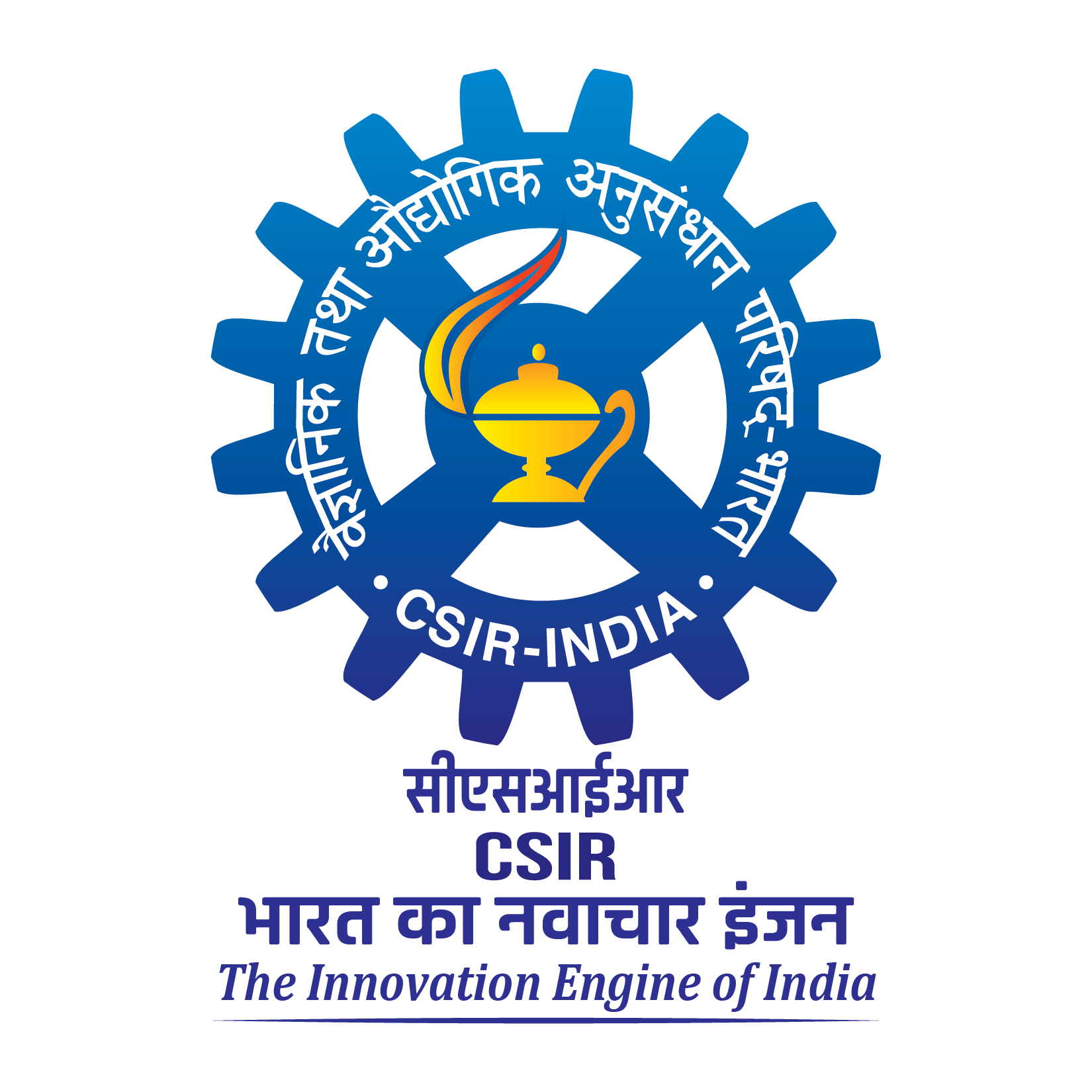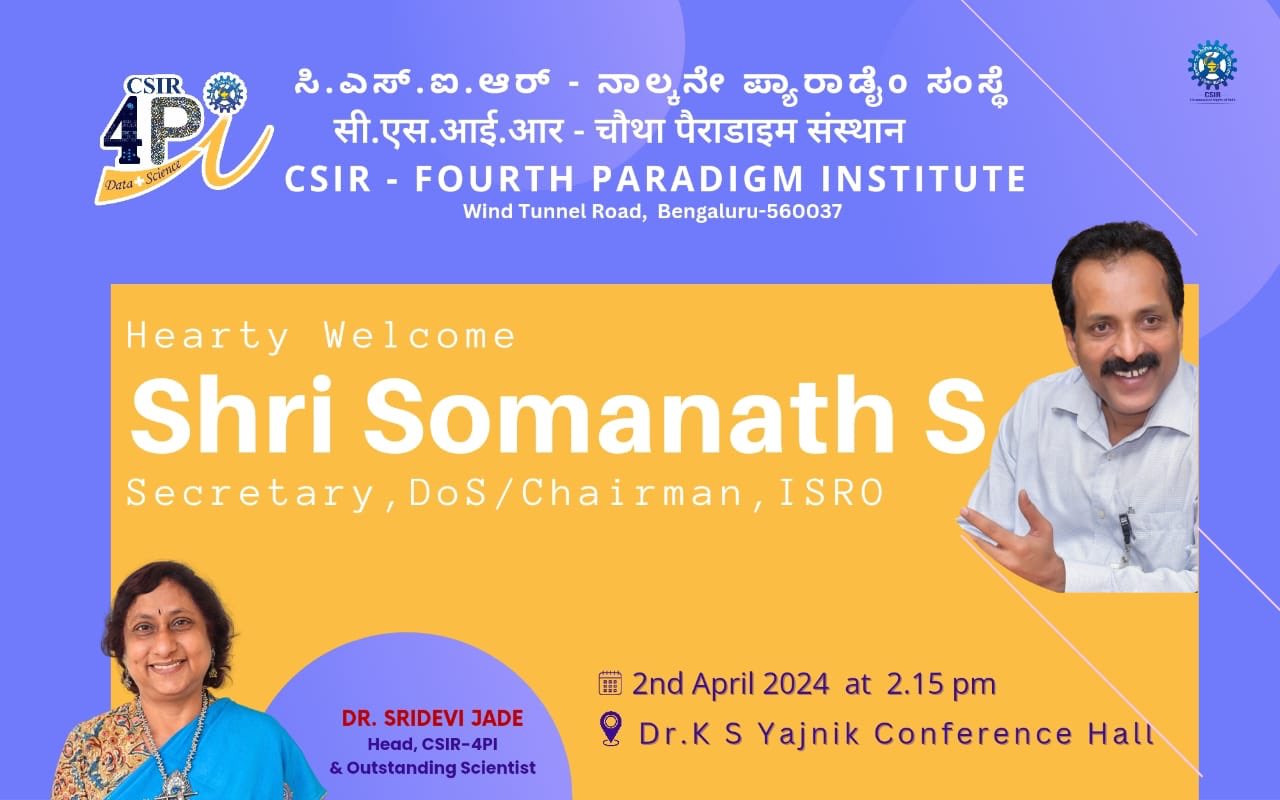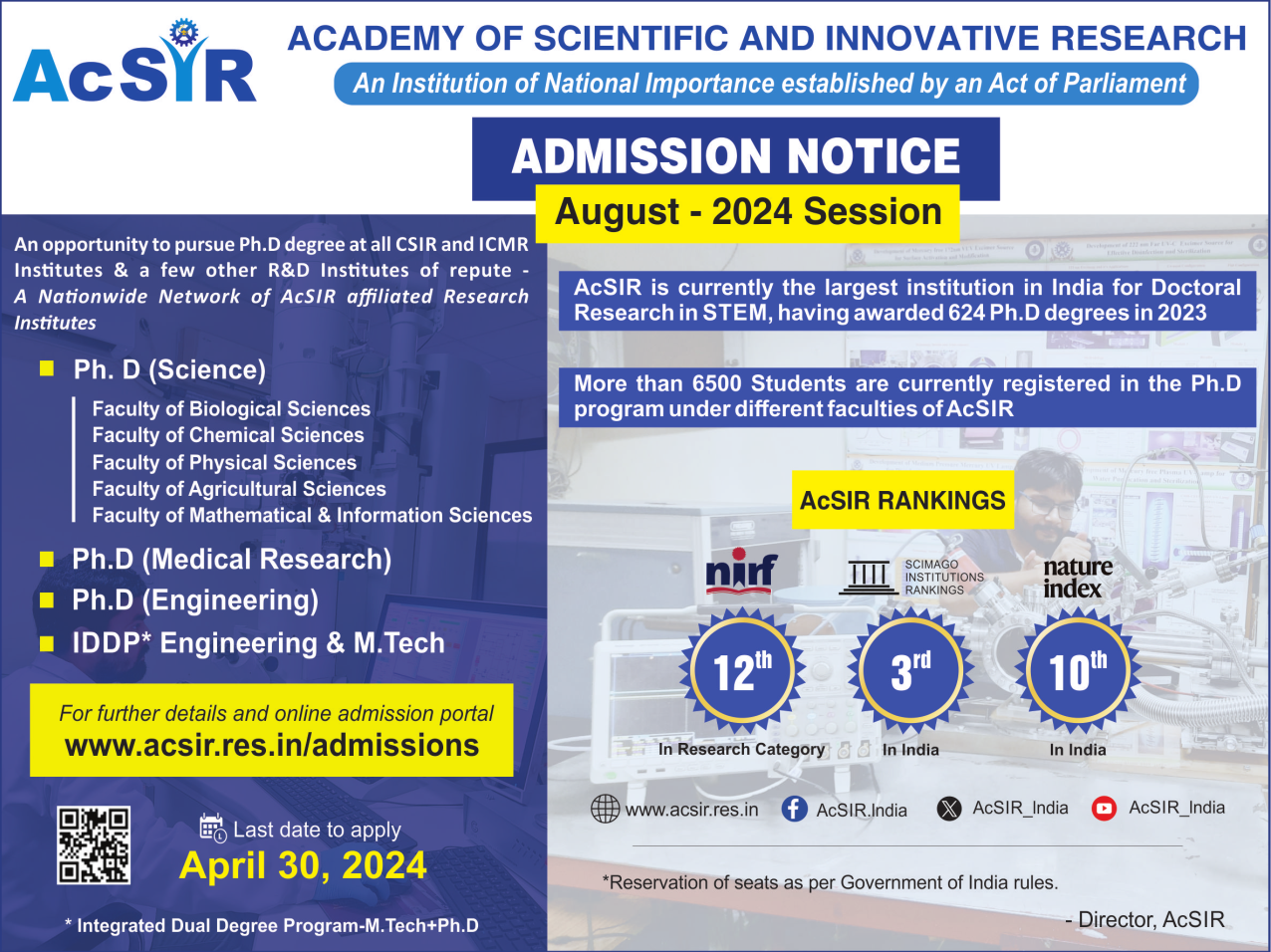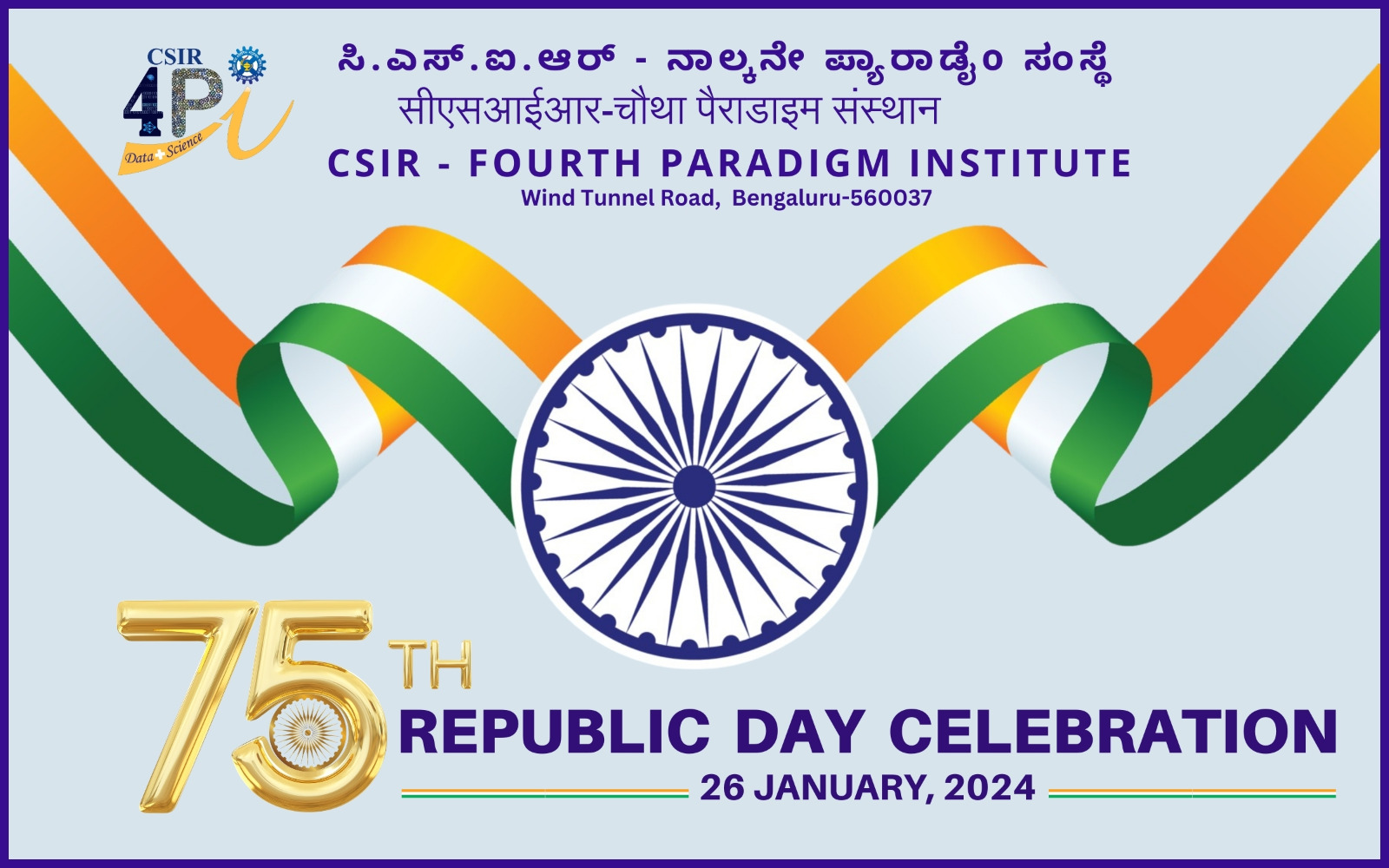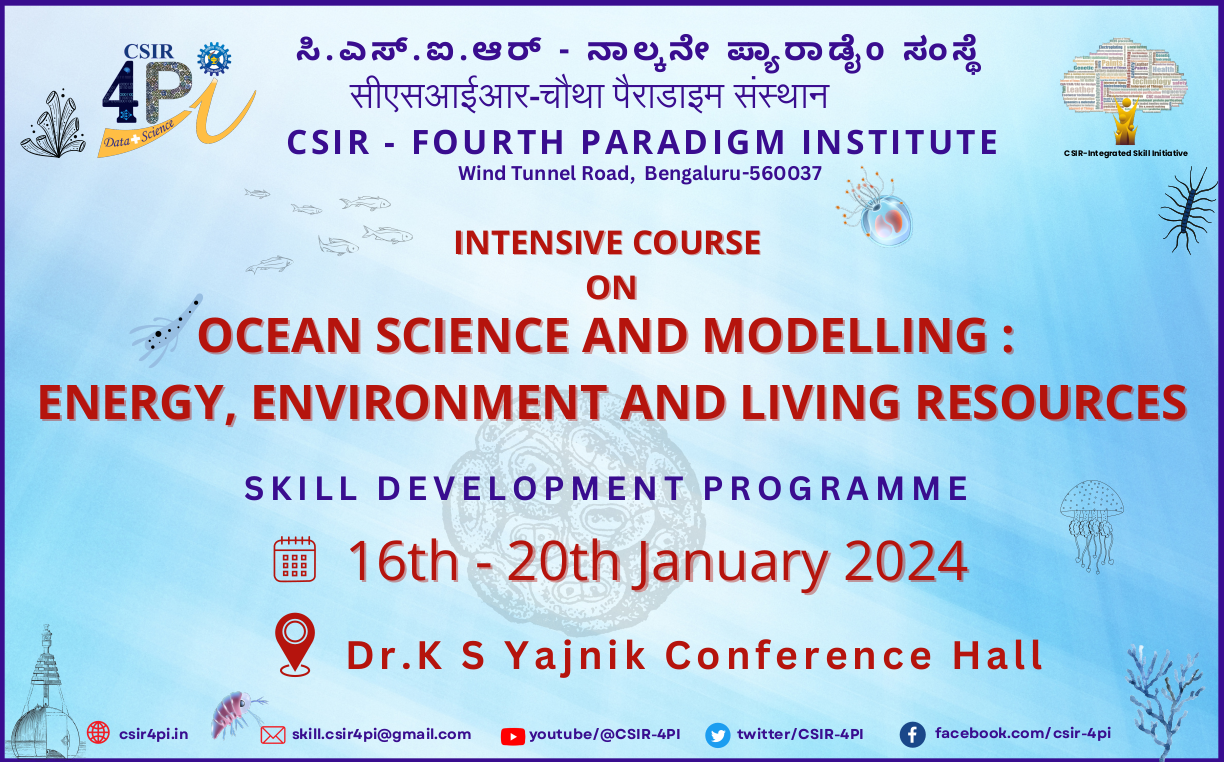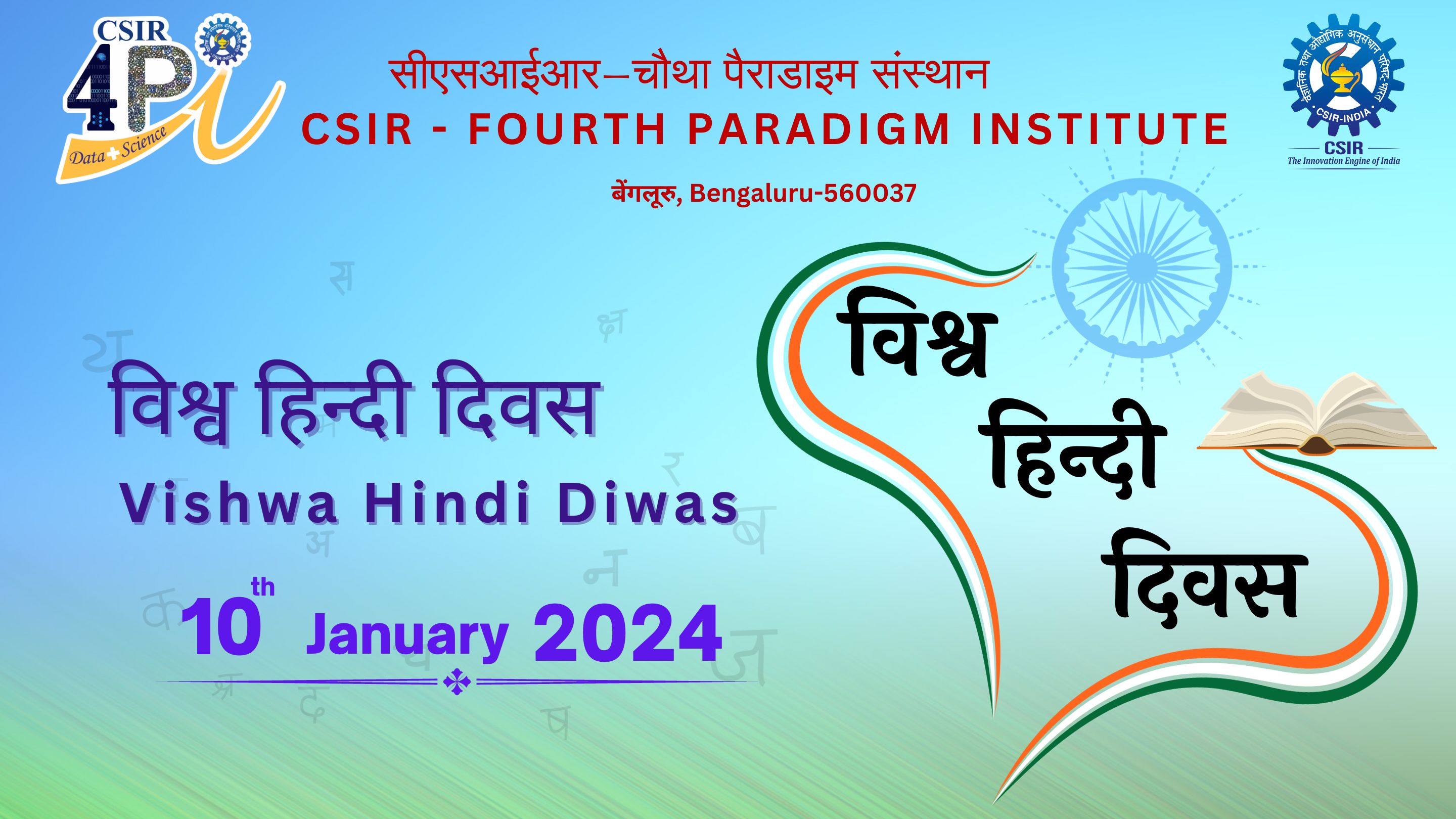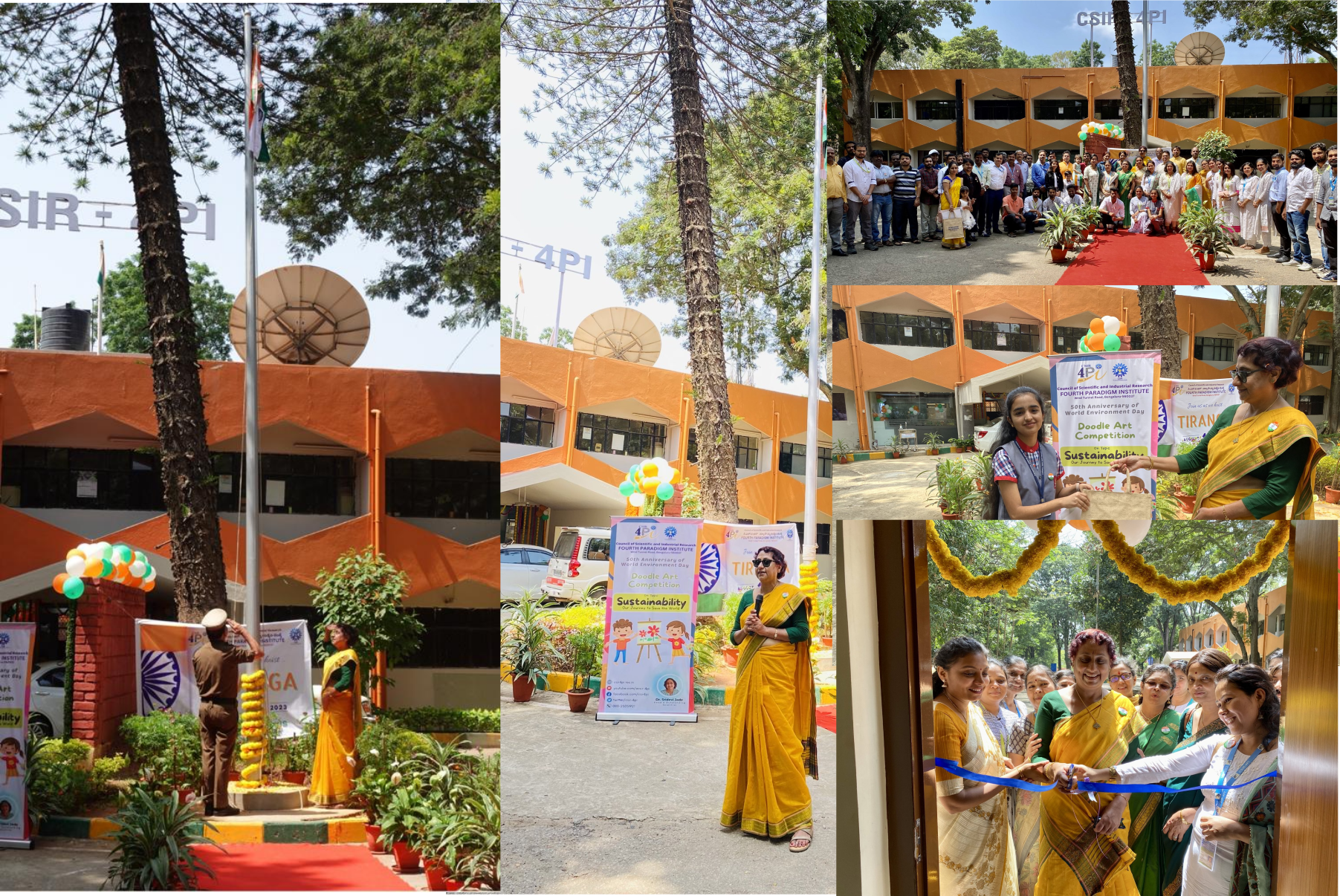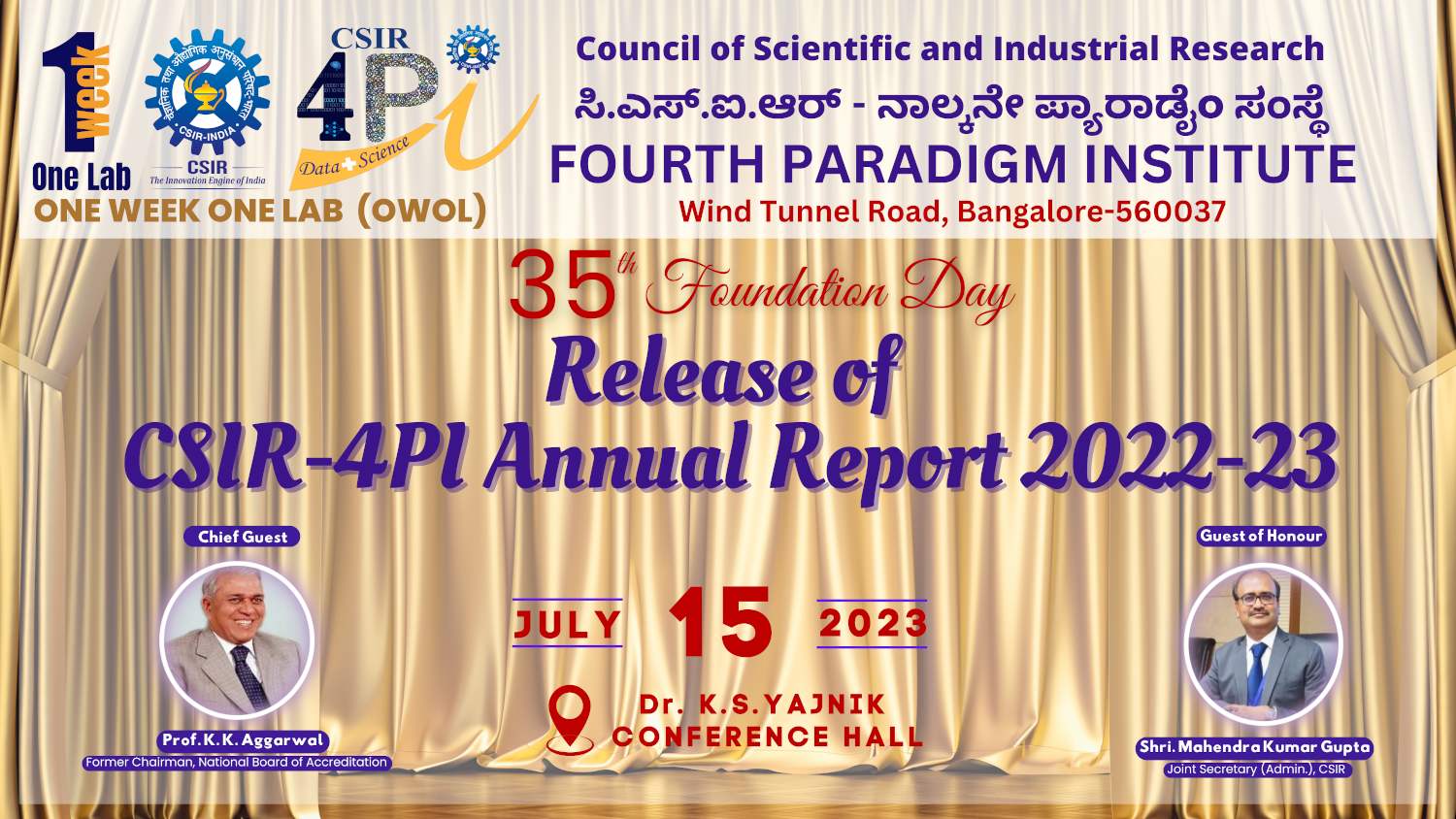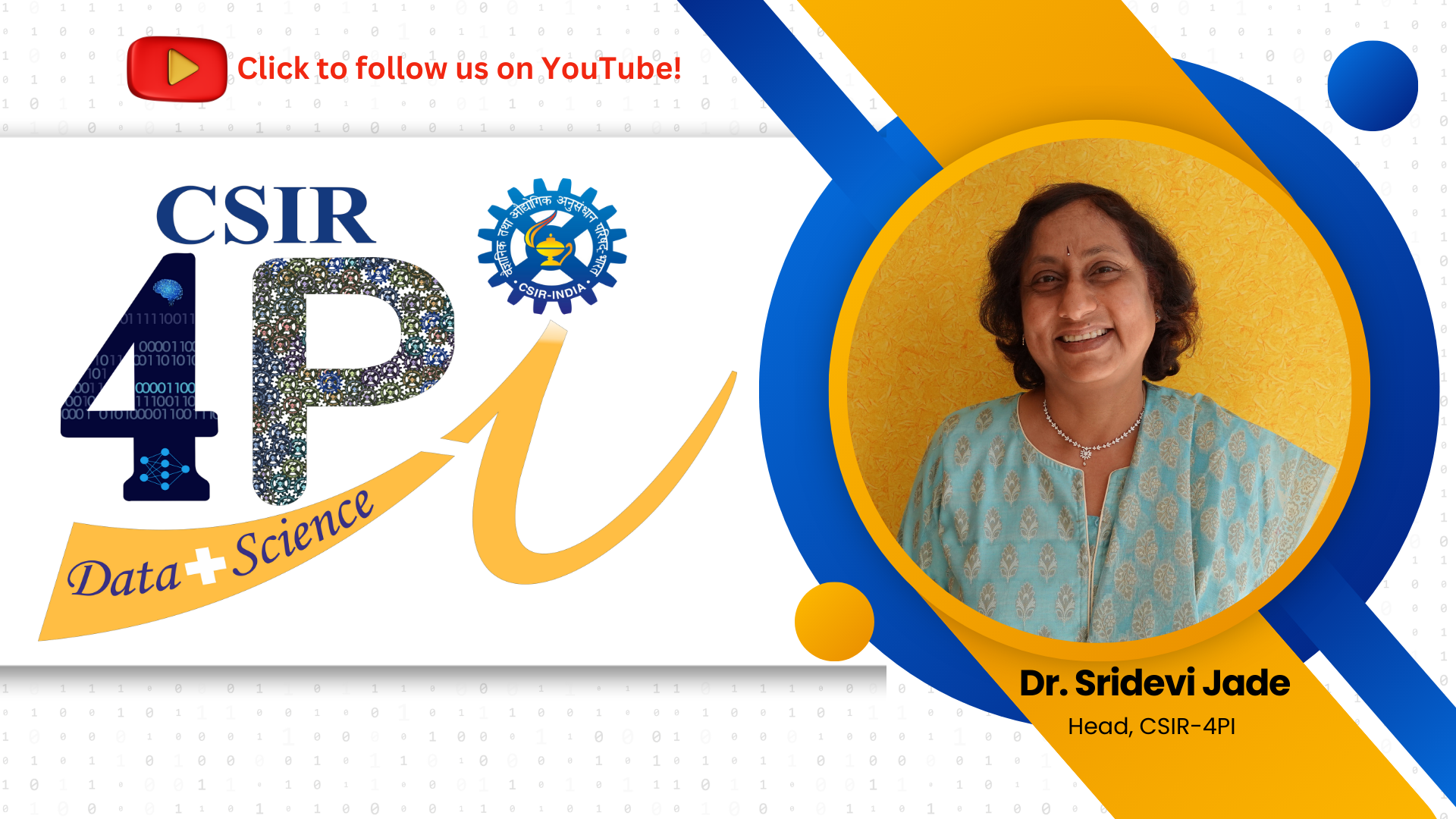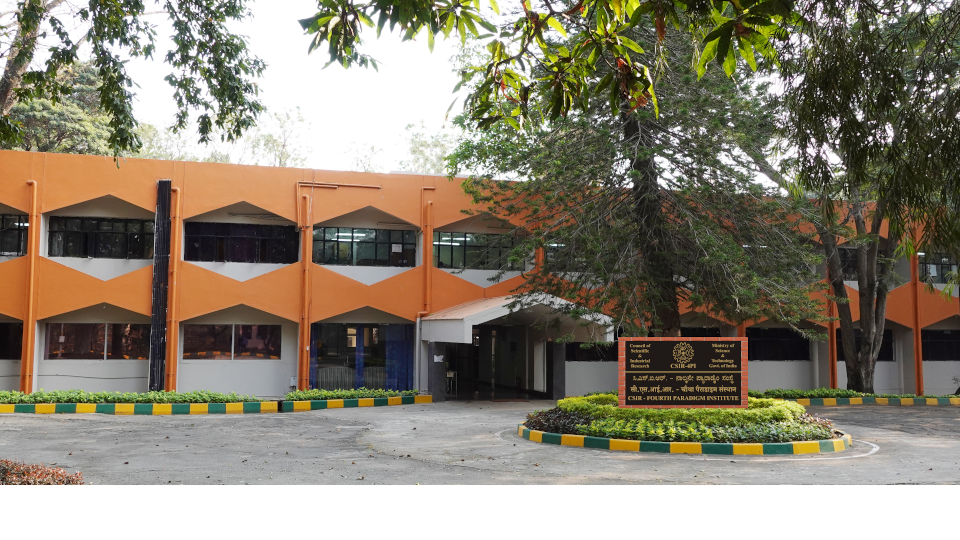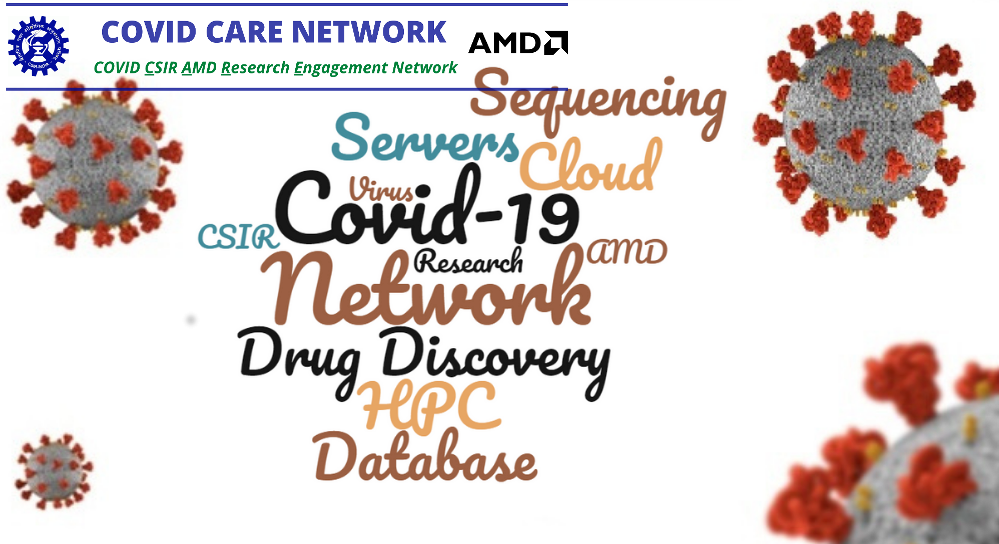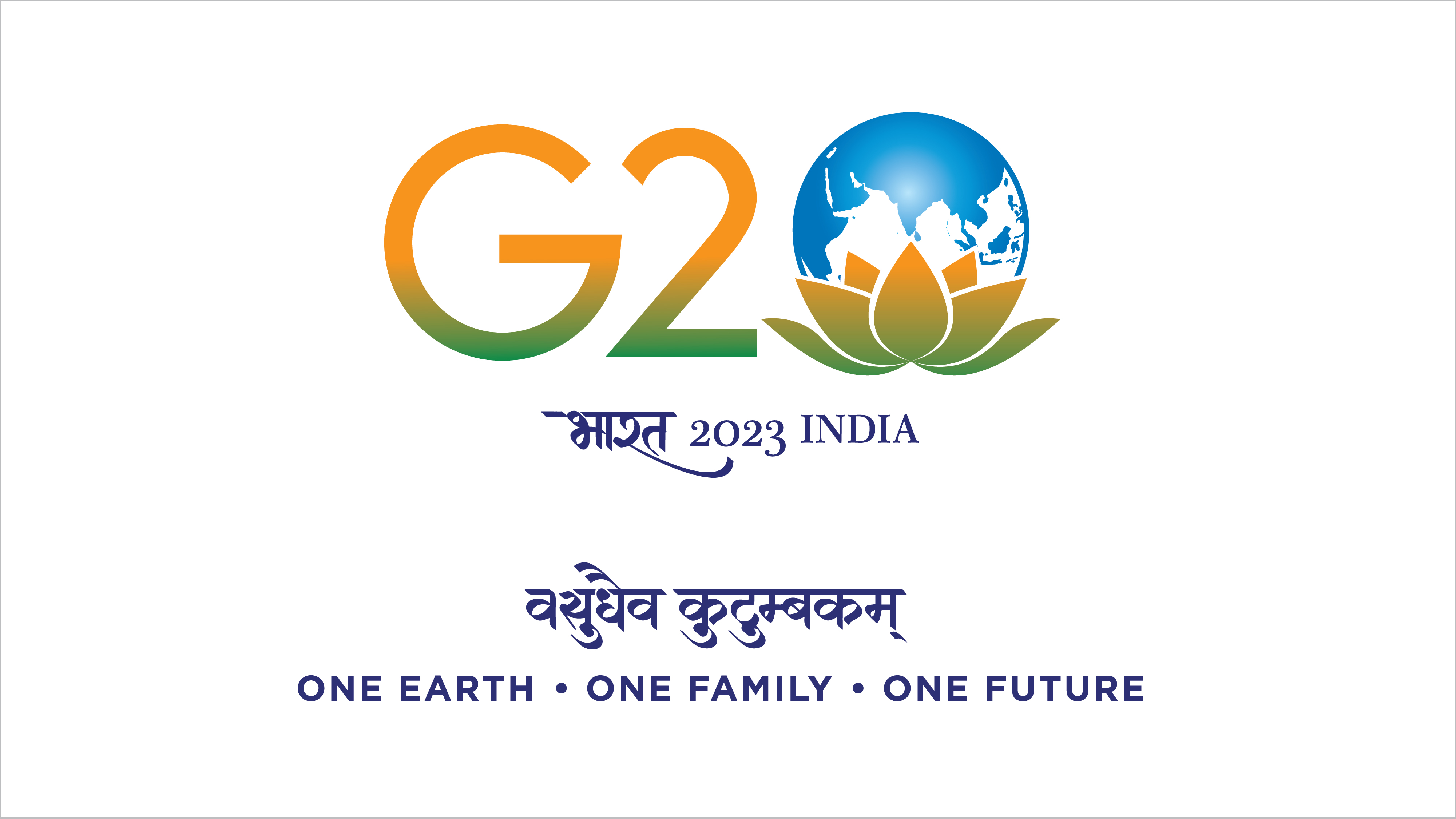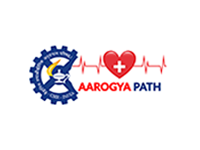by Neethu C & K V Ramesh
Heat waves (HW) are increasing in intensity, frequency, and duration. The projected changes in the characteristics of HW at the regional level are essential input to develop mitigation strategies to minimize social risks in densely populated regions. In this study, we examine the projected spatiotemporal changes in heat wave characteristics under different climate change scenarios using simulations of Coupled Model Intercomparison Project phase 6 (CMIP6) in seven temperature homogeneous zones of India, i.e., North West (NW), North Central (NC), West Coast (WC), East Coast (EC), Interior Peninsula (IP), Western Himalaya (WH) and North East (NE). The results show that the area of occurrence of a daily maximum temperature above 43∘C is projected to increase about 16-fold over WC, 10-fold over EC, and in other zones in the range of 1-3 fold. The warm days are projected to increase fivefold over WC and threefold over NW, EC, IP, and WH. In India, HW days are projected to increase by 7-8 days in the near future (2025-2050) and by 10-17 days in the far future (2076-2100), while under SSP585 over WH (24 days), NW (19 days), and other zones 12-15 days in the far future. EC and WC are plausible to be more vulnerable under SSP370 and SSP585, with an increase in HW intensity (>1.5∘C). The area of occurrence of long-lasting heat waves over WC is expected to have a drastic increase of more than 20-fold under all scenarios, while increasing 12-fold over IP and 8-fold over NC, EC, and WH under SSP585. The projected HW days will be more intense in the coastal zones and more frequent over WH and NW.
